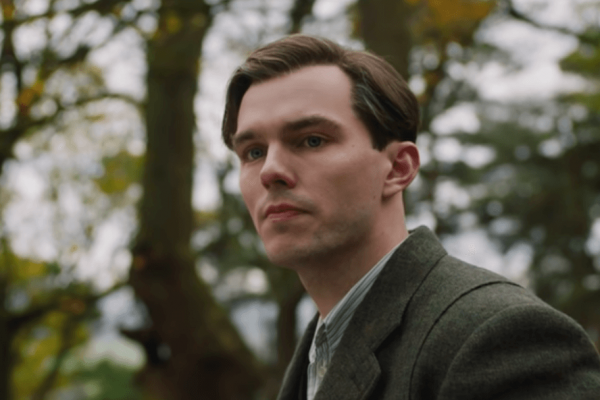May 8, 2019
Dome Karukoski’s Tolkien, out in theaters this Friday, focuses on another story of friendship, that of the Tea Club and Barrovian Society (TCBS) which Tolkien was a part of during his education at King Edward’s School in Birmingham. The film tells the story of Tolkien’s early life as an orphan living in poverty and at the mercy of his benefactors, and the love and friendship he finds in spite of it. Tolkien is gorgeously shot and filmed with warmth, humor, and friendship.
Read the Full Article

Already a subscriber? Login
